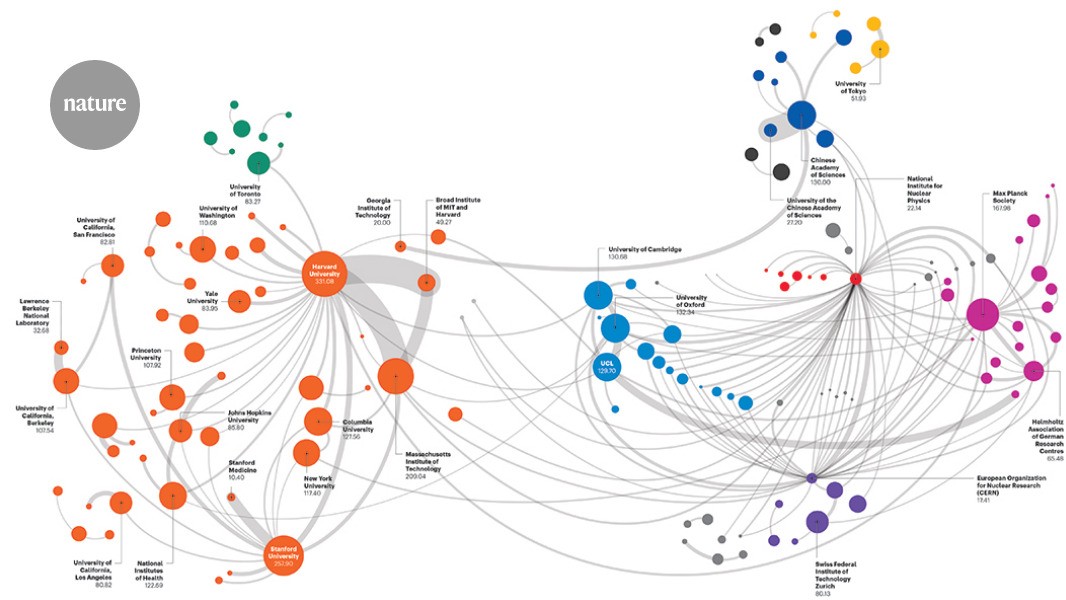AI
Why Geographical Diversity is Essential for Building Effective and Safe AI Tools
01 August 2024
|
Zaker Adham
Leading AI developers need to embrace diverse global partnerships to fully leverage the potential of artificial intelligence (AI). To achieve the desired capabilities of AI tools, organizations must avoid favoring one region over another in the global market.

Geographical diversity is paramount in creating AI tools that can be universally adopted, according to Andrea Phua, senior director of the national AI group and director of the digital economy office at Singapore's Ministry of Digital Development and Information (MDDI).
When asked about Singapore's stance amid the US-China trade tensions over AI chip exports, Phua emphasized the benefits of products built by teams from various global markets. This approach ensures AI tools incorporate critical components, such as contextual data application and integrated safety measures.
At Fortune's AI Brainstorm event in Singapore, Phua highlighted that Singapore collaborates with numerous countries on AI, including the US, China, ASEAN member states, and the United Nations, where Singapore currently chairs the Digital Forum of Small States. These platforms facilitate discussions on AI governance, infrastructure needs, and mutual learning.
Phua noted that these multilateral dialogues help identify safety and security risks that vary across different regions, providing essential local context to improve data translation. Singapore engages with China on AI governance and policies while also maintaining close collaboration with the US across the AI ecosystem.
"Investing in international collaborations is crucial. Understanding what's at stake and having global partners to navigate the journey enhances our collective resilience," Phua stated.
This international approach is increasingly valuable as generative AI (gen AI) becomes a tool in cyber attacks. According to the Singapore Cyber Landscape 2023 report by the Cyber Security Agency (CSA), 13% of phishing emails analyzed last year contained AI-generated content. The report revealed that 4,100 phishing attempts were reported in Singapore in 2023, a significant decrease from the previous year but still higher than 2021.
The CSA warned of a rise in sophisticated AI-assisted phishing attacks, including those using deepfake voice messages. CSA's chief executive, David Koh, highlighted the dual nature of AI, offering both significant threats and opportunities. AI can enhance cyber resilience by detecting abnormal behavior and processing large data volumes, improving incident response and reducing analysts' workload.
Koh added that the Singapore government is actively working on various initiatives to ensure AI remains trustworthy, safe, and secure.




